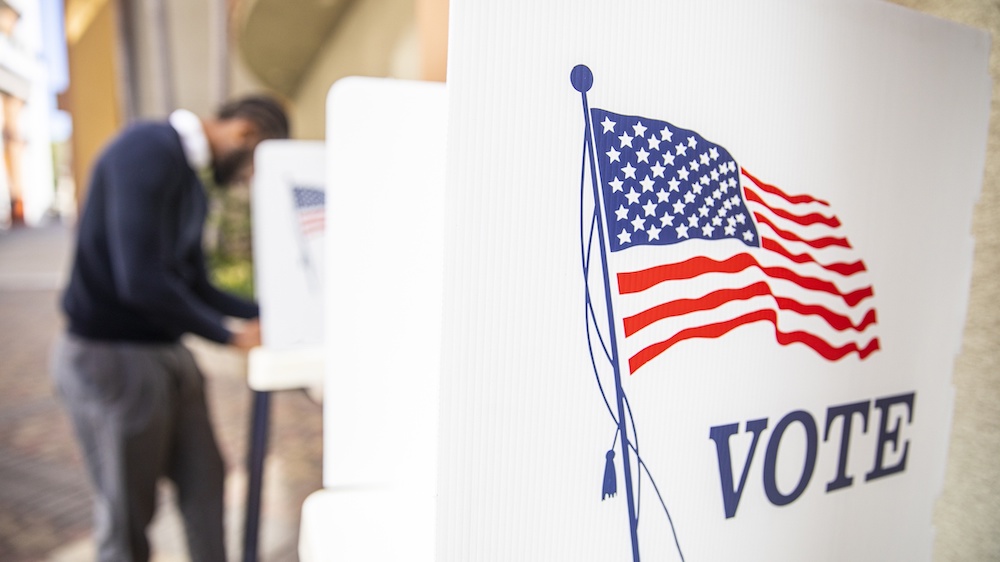If you’re interested in sharing your opinion on any cultural, political or personal topic, create an account here and check out our how-to post to learn more.
____
In 1967, psychologist Dr. Kenneth Clark addressed the Kerner Commission with a bleak and resigned verdict on its findings.
“I read the report of the 1919 riot in Chicago,” he said, “and it is as if I were reading the report of the investigating committee on the Harlem riot of 1935, the report of the investigating committee on the Harlem riot of 1943, the report of the McCone Commission on the (1965) Watts riot. I must again in candor say to you … it is a kind of ‘Alice in Wonderland’, with the same moving picture shown over again, the same analysis, the same recommendations, and the same inaction.”
If Dr. Clark was still with us today, he would be watching the same tired movie and drawing the same heartbreaking conclusions.
But that doesn’t have to be the film we show our children.
Because, today, underneath the deep-rooted racism that has kept our power oppressed and our voices silent is a simmering craving for action that’s started to boil. And with the combination of the grievous mishandling of the national response to COVID-19 — which disproportionately affects Black and brown folks — and the series of murders that violently stole the young lives of Ahmaud Arbery, Tony McDade, Breonna Taylor and George Floyd, our once quiet appetite for meaningful change has started to burn.
For centuries, we've known that Black lives have not mattered. To say otherwise would be an egregious misunderstanding of the architecture of our very country: one that was built on the backs of Black bodies and fed by Black blood, all while tempering a man’s value to only three-fifths of a whole person. The systemic racism entrenched in America today is an echo of the same bigoted principles that have long stood to protect the political machine of the privileged status quo.
If we look at any level of government, in any state in this country, the picture is ultimately the same. There are very few people in elected positions of influence who look like us and who understand the complexities that we deal with every day simply for daring to exist. Yet, those in power tell us that we’ve “come so far,” and we are expected to be satisfied with table scraps — to be thankful for the crumbs of progress, as if there haven’t been tens of us murdered in the streets for every one of us who makes it to a seat.
As the National Director of Leaders of Color, a program that recruits Black and brown leaders for public office, I have never felt the sheer necessity of my job more than I do now. In fact, it’s almost impossible to overstate the importance of ushering in elected officials who understand the need for lasting change, because the very same pulse beats within their own chests.
In order for real movement, we have to flood every level of government — from our local school boards, to governors and beyond — with candidates who are willing to look the current political apparatus in the eye and say, “Your time is up.” We have to vote in leaders who know of the staggering inequities our children face in the fight for quality education, and the exhaustion of the myriad disparities that exist in communities of color when it comes to access to healthcare, pay equality and the ability to freely walk out our front doors secure in the knowledge that we will come back.
And to do all of this — to do any of this — we have to vote. Vote to support your local council members; vote for a mayor who knows you; vote for a President who doesn’t hate you.
Vote as if your life depends on it, because it does.
Those in power do not want their long-enjoyed comfort to be tried. They do not want us to shake the tables; they do not want us, period. But if America is ever going to truly be able to say that Black lives do, in fact, matter, we must show them that we will not be silent, and we will no longer be sated by empty shreds of progress.
Today, we have an opportunity to show our children — and the spirit of Dr. Kenneth Clark — a new film. We’ve already started the process, now we just need to press play.
I’ll see you at the polls.
____
Michael Bland is the National Director of the Leaders of Color initiative under the Democrats for Education Reform (DFER). Michael contributed to the incredible success of the Obama for America Campaign, where he served as the Northeast Regional Field Director in Rocky Mount, North Carolina, and conducted region wide plans for voter registration and event organizing for volunteers.
